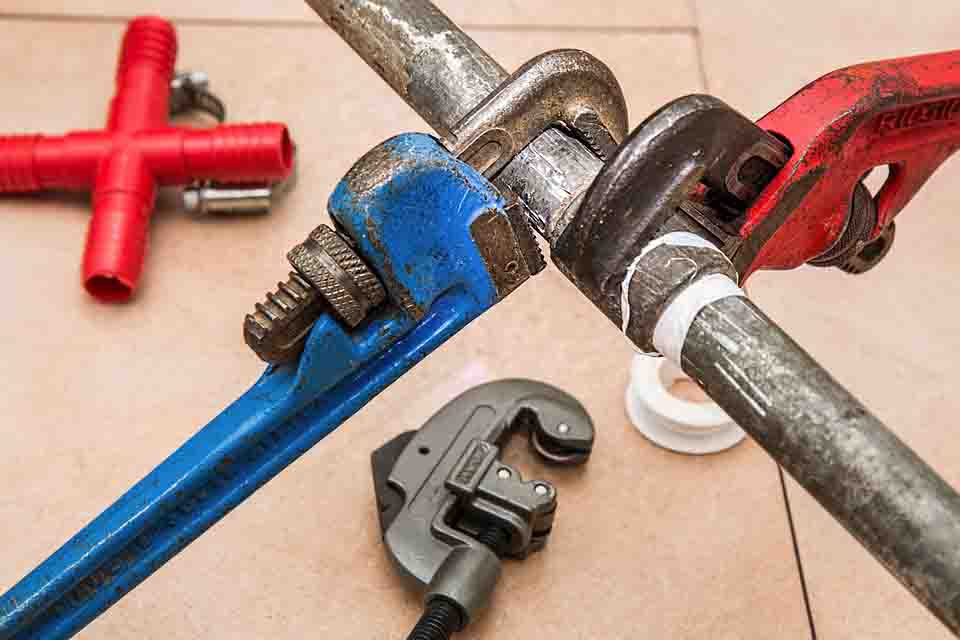Two focuses of my blog are General Education and Career Discussions. While many sectors are facing the prospect of automation, one career that will probably never go away is that of the Plumber. Likewise there will always be a need for plumbers. The are multiple career options for individuals who hold this unique and valuable skill set. The following contributed post is entitled, Six Career Paths For Plumbers.
* * *
Plumbing can be a very rewarding career for those looking for a career in a skilled trade, with good salaries on offer for skilled plumbers and a real chance to set up in business for yourself. Many of us just think of plumbing as just doing repairs to home plumbing, but there are actually some varied career paths in the industry, from pipefitting to management.

Image – free for commercial use
Licensed Plumber
This path is what most people think of when you mention a plumber. Your training will prepare you to work as a plumbing technician, an apprentice or a licensed plumber, serving a wide variety of clients in commercial, residential and residential properties.
You’ll need to know how to install and maintain different types of water systems and have a knowledge of repairs and installation of sinks, showers and other water using appliances. You’ll diagnose plumbing issues and advise your customers on how best to proceed. You’ll need to source the correct tools and parts from somewhere like plumbersstock.com. Work in this path can be very varied, making it a great starting point for new plumbers hoping to learn about a variety of work.
Pipefitter
You could take a more specialised path in plumbing and become a pipefitter. You’ll need a background in plumbing safety and installation in order to install and maintain piping in industrial and power plants. You’ll be monitoring power generation and heating and cooling systems, as well as system installations for automated controls for these systems.
Steamfitters
If you’re interested in steamfitting, your training will be very similar to the training done by pipefitters, except you’ll need to take some more specialist training to become certified as a steamfitter. Once qualified, you’ll be working on the installation of pipes for the transportation of high-pressure gas.
Pipelayers
If you train as a pipefitter but find you want more of a challenge, than you can take further training to lay pipes, meaning you can be in charge of major pipe works. Your job will involve digging trenches for piping, and then laying the pipes. These pipes may be used to carry drainage, gas, water or sewer systems.
Gas Service Technician
A qualified gas technician is responsible safely delivering has through a site. Home or business owners can bring in a gas technician to install, replace or repair faulty gas equipment, like gas boilers.
You’ll also search for gas leaks, and perform safety tests on displays and other controls.
Project Managers
After a few years in the industry, you could consider becoming a project manager, which put you in a supervisory position over a group of employees within the company you work for. As well as plumbing skills, you’ll need to learn good management skills to run your team.
You’ll be dealing with the day to day undertakings of your team of employees, making sure they’re where they are supposed to be and producing work of an acceptable quality. You can expect higher pay in this position as well as more responsibility.
